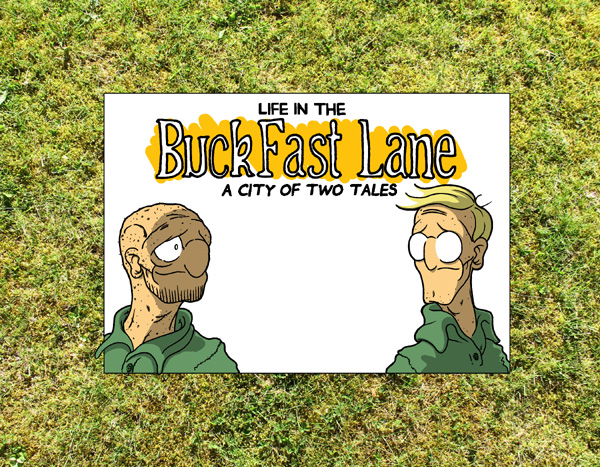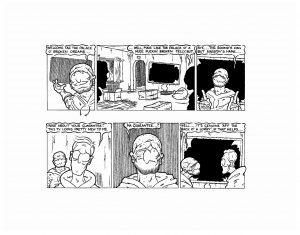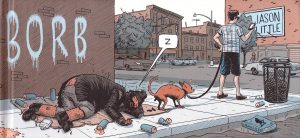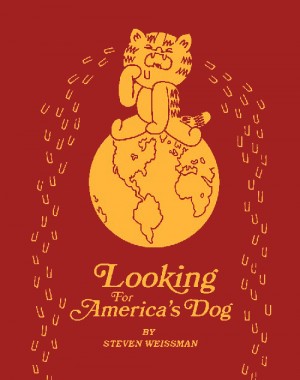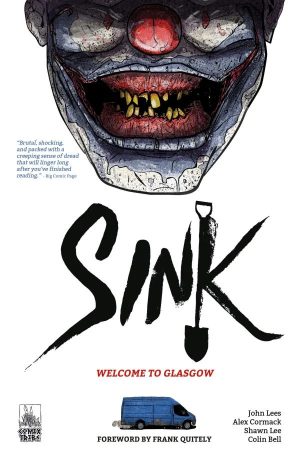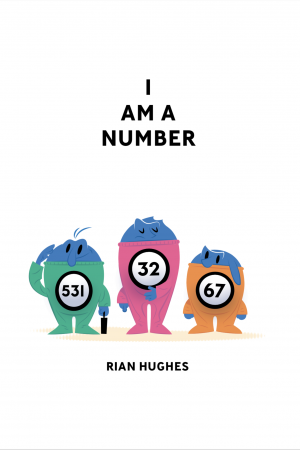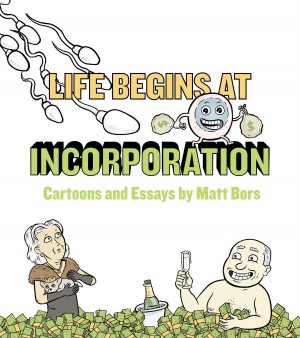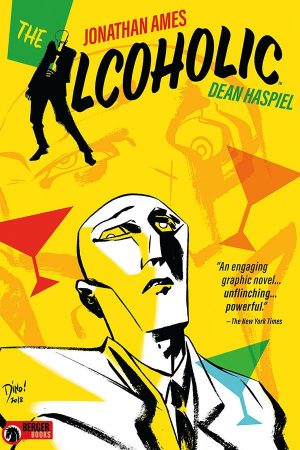Review by Frank Plowright
It’s possibly best to start by explaining the clever title to anyone not brought up within a fifty mile radius of Glasgow. Buckfast is a brand of fortified tonic wine beloved by the less discerning drinker for its alcoholic content per penny ratio. It’s continued prevalence is emblematic of Scotland’s failure to come to grips with one of Europe’s worst drinking cultures, and Rob Miller’s astute comedy highlights plenty of other dark corners all too rarely probed, never mind in comics. He describes it succinctly as “a side of Glasgow no-one wants you to see, but everyone knows is there.”
Although there are gags aplenty they’re set in a world of deprivation and substance abuse, where no jobs equate to no hope for entire communities consigned to the scrapheap when industry failed. Partially glamorising them with the ‘rustbelt’ tag as in the USA doesn’t begin to address the problems, and neither does the occasional visit from a social worker, themselves under ridiculous budgetary and time constraints. That’s our introductory point as we meet Alex, a social worker on the bus heading east from Glasgow city centre, hoping the hopeless drunk that’s just boarded doesn’t sit beside him. What follows is a comedic tour through the disenfranchised, where Alex has to deposit his middle class attitudes at the door, interspersed with occasional intrusions into the lives of brutal thug Wolf and his pitiful clientele. Occasionally there’s no gag ending the two tiers, as Miller drops into pure tragedy, a strip about a pitiful drunk talking big to a disturbed ex-solider being one example.
Miller’s cartooning is elegant and precise, with something of Bill Tidy about his expressive line. He can nail a character with a few wavy lines, blessing them with a personality, albeit largely of a hungover, pepped-up or bleary eyed variety. The looseness is appropriate for a parade of rubber men.
This is no hagiography, soft soaping jobless, substance-abusing life. Miller highlights aspects of why there are problems, but he also deals with an unsavoury culture where beating the wife is acceptable and attitudes toward foreigners are reprehensible. It makes for very uncomfortable reading.
Unfortunately there’s a contradictory problem at the heart of Life in the Buckfast Lane. For purposes of essential authenticity Miller’s dialogue is in broad Glaswegian, using local phrases and spelled phonetically, which makes it a linguistic minefield for anyone outside Scotland. That’s a pity, because the dialogue is rich and evocative, and reads as if Miller’s spent long hours skulking about Glasgow’s seamier pubs taking copious notes. Comments fed into the strips aren’t just bleak jokes, however, but justifiable sadness about matters such as how a community centre can cost millions and be opened to great fanfare, but closed and left to decay within a few brief years due to funding having moved elsewhere. When Miller moves to strips unrelated to the main continuity his cartooning is equally impressive, but the content is often bleak with no humour to catch the sting.
Miller’s work provides a biting antidote to newspaper strips where the final panel punchline is a gasp of disbelief at the supermarket running out of asparagus, yet the injustice feeding most of the content applies equally to a lack of recognition for the work. In a righteous world his strips would be available to a wide audience on Amazon rather than consigned to a print to order site. Head there now and get your copy.
